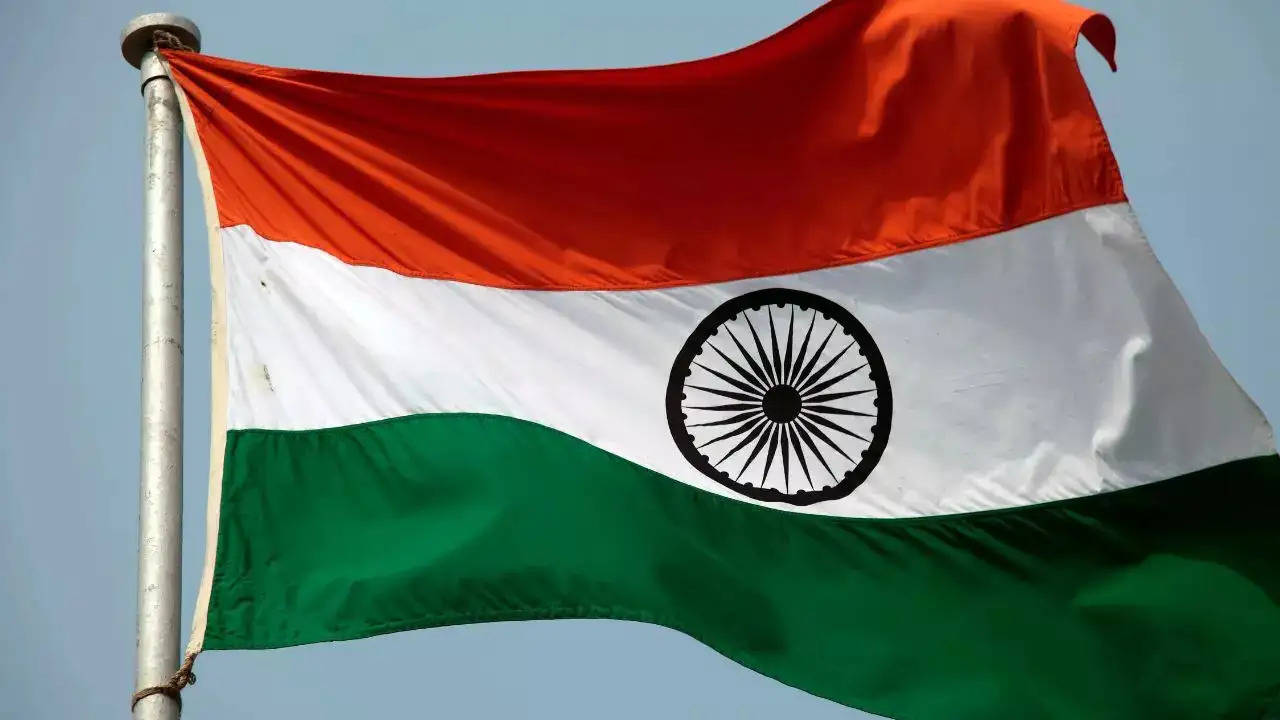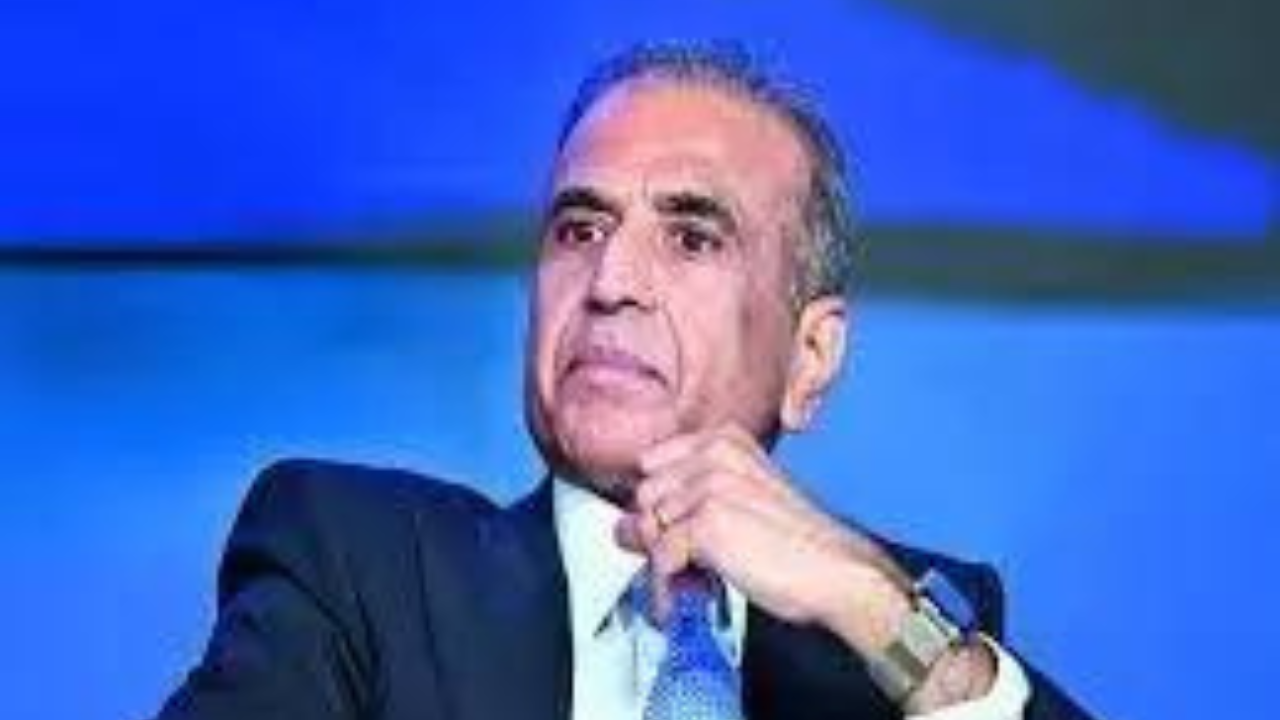"Third Umpire Should Have...": BCCI Breaks Silence On Jaiswal DRS Row

Join our WhatsApp Community to receive travel deals, free stays, and special offers!
- Join Now -
Join our WhatsApp Community to receive travel deals, free stays, and special offers!
- Join Now -
BCCI vice president Rajeev Shukla on Monday slammed third umpire Saikat Sharfuddoula for Yashasvi Jaiswal's contentious dismissal on the final day of the Boxing Day Test against Australia in Melbourne, saying the India opener was "clearly not out". Jaiswal was batting on 84 when Australia skipper Pat Cummins' down-the-leg snorter cramped him for room while attempting a hook, and the home side went up instantaneously in appeal for a caught behind as Alex Carey completed a tumbling take.
The on-field umpire Joel Wilson didn't relent as the Australians resorted to DRS and third umpire Sharfuddoula ruled Jaiswal out, despite no edge being registered on the Snicko, basing his decision on the available evidence of visual deflection.
"Yashasvi Jaiswal was clearly not out. Third umpire should have taken note of what technology was suggesting. While over ruling field umpire third umpire should have solid reasons," senior BCCI official Shukla tweeted.
Yashaswi jayaswal was clearly not out. Third umpire should have taken note of what technology was suggesting. While over ruling field umpire third umpire should have solid reasons . @BCCI @ICC @ybj_19 — Rajeev Shukla (@ShuklaRajiv) December 30, 2024
Sharfuddoula, the third umpire from Bangladesh, soon found himself in the eye of a storm with even the legendary Sunil Gavaskar criticising the official for his controversial decision that tilted the scales firmly in Australia's favour.
Jaiswal's dismissal opened a door for Australia in the final session of the fourth Test and the hosts grabbed the remaining Indian wickets to complete a 184-run victory and take a 2-1 lead in the five-match series.
Earlier in the day, Gavaskar did not accept the decision of the third umpire which placed visual evidence ahead of a flatline on Snicko.
"The defection can be an optical illusion. Why have you kept technology? If there is technology, one should use it. You can not make a decision based on what you see and ignore the technology," Gavaskar told host broadcaster Star Sports.
Simon Taufel, himself a distinguished umpire once, however said the third umpire made the right decision.
"In my view the decision was out. The third umpire did make the correct decision in the end," former ICC Elite Panel umpire Taufel told Channel 7.
"With the technology protocols, we do have a hierarchy of redundancy and when the umpire sees a clear deflection off the bat there is no need to go any further and use any other form of technology to prove the case.
"The clear deflection is conclusive evidence. In this particular case what we have seen from the third umpire, is they've used a secondary form of technology, which for whatever reason hasn't shown the same conclusive evidence of audio to back up the clear deflection.
"In the end the third umpire did the right thing and went back to the clear deflection and overturned the umpire field. So, in my view correct decision made," he added.
This incident follows a similar controversy in the opening Test in Perth where opener KL Rahul's dismissal sparked a debate.
After on-field umpire Richard Kettleborough had ruled in Rahul's favour following Australia's appeal, the home team used DRS to challenge the decision.
Third umpire Richard Illingworth had overturned the call despite not having the benefit of a split-screen view which would have given him a clearer picture of whether the Mitchell Starc delivery actually grazed the bat or the Snicko responded to a hit on the pads.
What's Your Reaction?
 Like
0
Like
0
 Dislike
0
Dislike
0
 Love
0
Love
0
 Funny
0
Funny
0
 Angry
0
Angry
0
 Sad
0
Sad
0
 Wow
0
Wow
0



















































